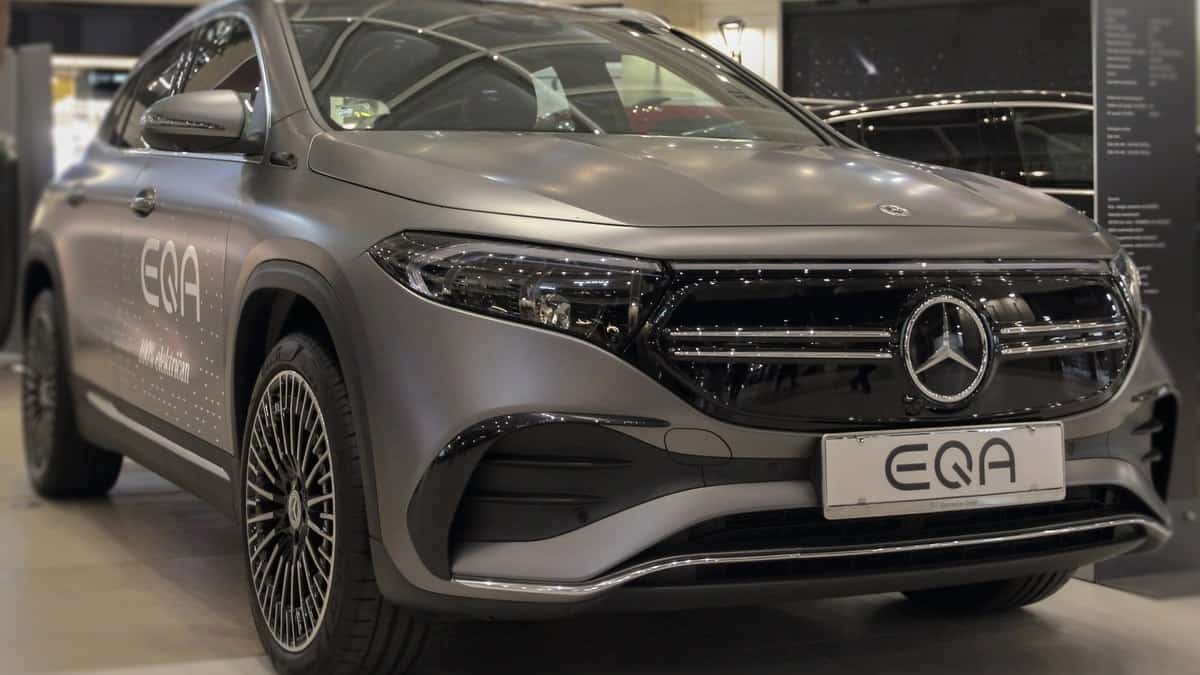German legacy automaker Mercedes-Benz announced its plans to postpone its electrification targets by five years amid the slowing growth of electric vehicle sales.
Mercedes-Benz delays EV goals by five years
Mercedes-Benz officially becomes the latest automaker to adjust its electric vehicle targets due to the “weaker-than-expected appetite” for battery electric vehicles (BEVs), Reuters reports.
As part of the plan adjustments, Mercedes-Benz shelved its goal of having electrified vehicles account for up to 50% of its overall sales by 2030. It indicates a 5-year delay from its initially announced target of 2025. For context, electrified vehicles include all-electric, plug-in hybrid, and hybrid models.
The move is apparently the German automaker’s response to the waning demand for electric vehicles caused by a surge in capacity after automakers gambled on expected demand. However, it turned out that the growing capacity surpassed actual demand, pushing automakers to adjust their production targets.
Affecting factors
Mercedes-Benz Chief Executive Ola Kaellenius warned in late 2023 that sales might not be all-electric by the end of the decade, even in Europe.
BEVs currently account for only 11% of overall sales and 19% if we include hybrids. In response, the German automaker shifted to continue producing internal combustion engine-powered vehicles.
“…it is almost like we will have a new lineup in 2027 that will take us well into the 2030s.”
Mercedes-Benz CEO Ola Kaellenius
Apart from slower economic growth, various factors like supply chain issues and trade tensions between China and both the EU and the US affected the automaker’s plan adjustments.
2024 outlook
Considering the abovementioned factors, Mercedes-Benz decided to lower its returns on sales forecasts throughout its car and van business units.
It expects Q1 2024 sales to fall short of the results in the same period last year due to component shortages, especially on Bosch’s 48-volt systems. It forecasts electrified vehicle sales to remain at about 19-21% of its overall vehicle sales.
It also lowered its adjusted return on sales forecasts to 10-12% for cars and 14% for vans. It indicates a notable decline of 15.1% from 2023.
Meanwhile, it increased its average price by 2% to €74,200 and boosted R&D-related expenditures for future car technologies like its MB.OS platform.
Notably, Mercedes-Benz is not the only automaker to adjust all-electric vehicle sales targets. In the US, legacy brands Ford and General Motors did the same for the same reason: slower-than-expected electric vehicle uptake.

